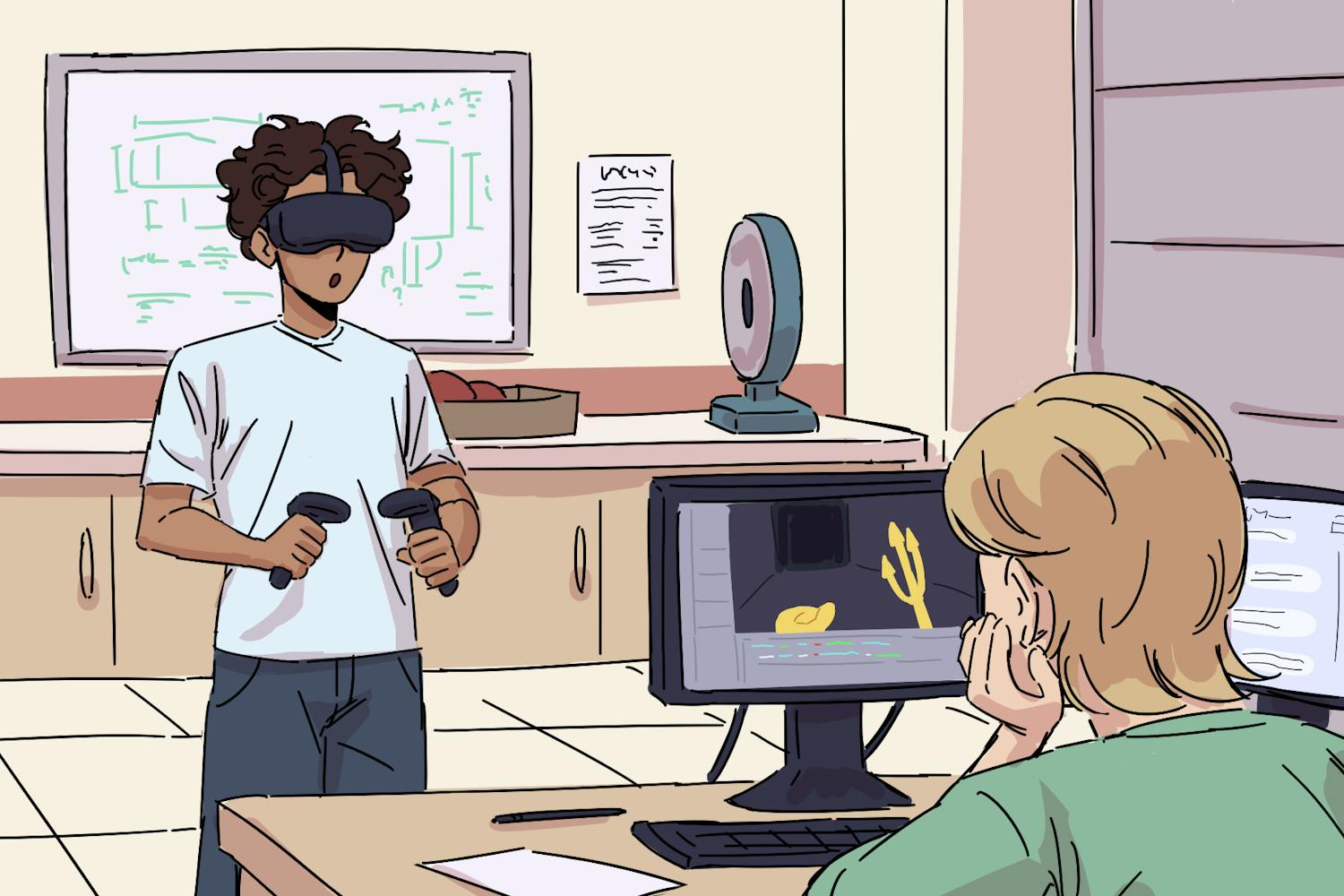Pessimism has dominated news coverage of higher education over the past couple years.
Tuition has skyrocketed, public funding for education decreased, students are graduating with more debt and there are less job openings. It’s a familiar story.
The Arizona Republic contributed to this dialogue Sunday by running a long story in which many of the officials interviewed suggested parents and students should research starting salaries and take them into consideration when choosing a field of study.
In short, the article stopped just short of encouraging people to follow the money. “Although following a passion is important, students should be aware of what their future career could pay and how lower salaries in certain fields could slow down repayment of student debt,” the article reads.
What many news outlets fail to address though is the work ethic of students who do and do not get jobs straight out of college.
The answer lies not in chasing fields where the pay is better, but aggressively pursuing your passions. It is hard to put a price on diligence and drive; just attaining an education no longer guarantees a job after graduation.
If students search out experience and seek to make connections through jobs, internships, professors and their peers while in school, the prospects of landing a job in their given field increase drastically.
By choosing a field that is a passion, students are more likely to take on extra responsibility and seek new opportunities because they like what they do. If students should seek dollars over devotion, they are less likely to strive higher when doing so.
The Arizona Republic article also said experts encouraged students to be “smart education consumers.” The problem with this paradigm is it endorses education as a commodity, which it is anything but.
A college education is still vital to success. Only 30 percent of the population holds a college degree, so a university education is far from commonplace.
The numbers back it up, too. The July jobs report, issued by the Bureau of Labor Statistics, shows a national unemployment of 9.1 percent. The unemployment rate for college graduates was 4.7 percent, a little over half of the national rate.
Students will need to do more with less, and this makes it more important to work hard in college. Ambition and alacrity are keys to building a firm foundation when students are still in school.
ASU, as a large university, provides the opportunities to stand out from the crowd of graduates. Each student has to take advantage of it to increase his or her chances of landing a job. The ones that do will succeed.
Elevating the importance of money over happiness is an idea that is pennywise and pound-foolish, and it would behoove experts to realize that while economic interests are not always the most important aspect, waking up every morning with a smile and a good work ethic cannot be translated into any salary.



